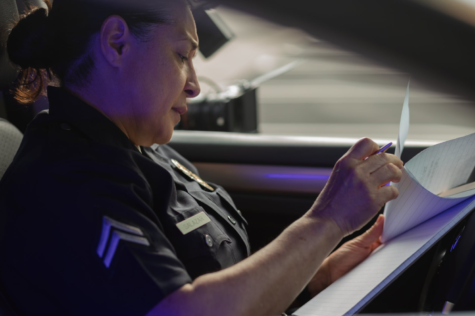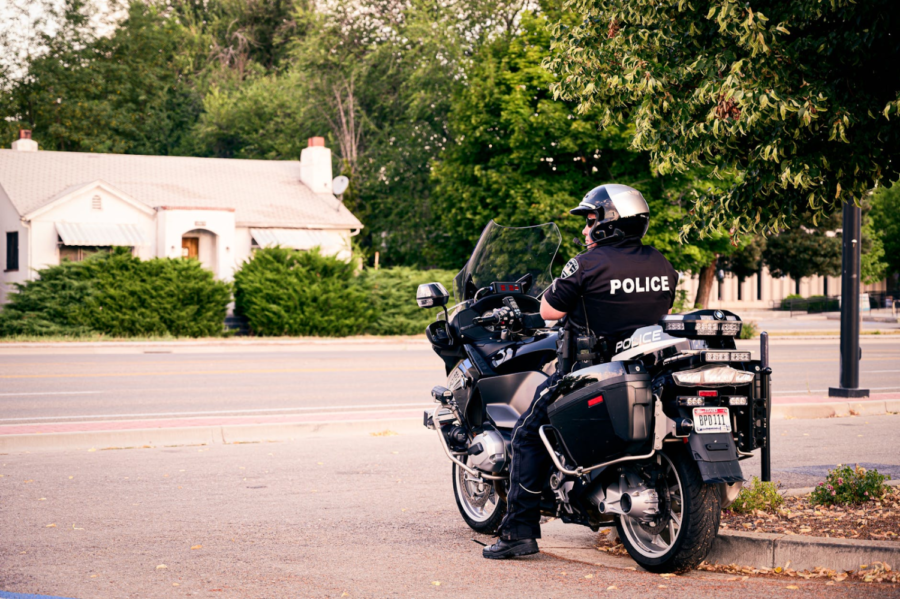The Difficulties of Police Reform
December 21, 2021
Even through the polarization of American politics, 95% of Americans agree that the police need some sort of change. However, unfortunately, it is easy to see past entrenchment in the spirit of reform. Entrenchment means the police are stubbornly established in their own nature, making change nearly impossible; especially if the change is meaningful and long lasting.
History & Explanation
There are multiple reasons why police require reforms. However, one of the most impactful reasons is theoversight of long-term reform in the hopes of short-term bandaging.

In the simplest explanation, the original U.S. police force was put in place in order to preserve white supremacy and oppress poor people. Of course this early form of police was adjusted and officialized as social normalities changed, however, the general idea remained. Eventually reformers turned to the state with the interest of pursuing constitutional amendments. This way, they created a system that was naturally strong against any future reforms or meaningful change.
Police Unions
Unlike typical labor unions, police unions use collective bargaining to escape accountability and punishments rather than the protection of working conditions or fair pay. Police unions also are notably good at evading change. In order for change to happen to police, it is beyond essential that police unions are, at the very least, weakened. Not only will this be a reform in itself (increases accountability) but will also allow room for future reforms. This way the state has no way of protecting itself from change or punishment and reforms can actually happen. The existence of police unions are essential for corrupt police; without police unions, officers will have a much harder time escaping accountability and keeping their jobs.
Furthermore, it is pretty ironic that Police have such strong unions when they were partly founded to break up labor riots. It seems that because police were built on such corrupt ideals, they need a major change to leap past the hurdles of the past.
If bandaging leads to entrenchment is radicallity the enemy?

Based on history, more substantial radical change should not be immediately opposed purely for its nature. In Fact it seems the history of American police proves this, as previous short term fixes have led to entrenchment. Of course every aspect of a change should be thought through, especially if it is radical. However, it shouldn’t be disregarded.
Conclusions
To put it plainly, the police aren’t interested in meaningful reform. However this isn’t reflected in the interests of the people. This has led to a police vs. community mindset. The police are stuck as the history of reforms have been effective in some cases, however, inadequate in the big picture. In order to escape entrenchment, police unions must be weakened. This way, change in police is in the hands of the people, rather than in the interests of police unions.











